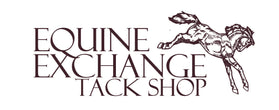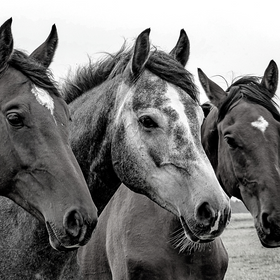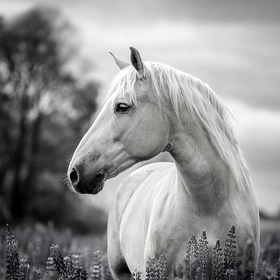
Eventing: The Equine Triathlon
Eventing is considered the ultimate equine triathlon, originating from a calvary test made up of three phases: dressage, cross-country, and show jumping. By combining three separate events, it tests horses and riders like no other sport. Eventing competitions can be held over one, two, or three days. In the end, the team with the lowest score is the winner.
Dressage
Dressage is the first phase of eventing and is the foundational training on which the other two phases are built. The strength and balance required for dressage are required on the cross-country course. The preciseness is required in the show jumping ring. Dressage demonstrates the ultimate partnership between horse and rider as the pair performs a series of moves.
Dressage performances are judges on suppleness, balance, rhythm, and obedience. Each move is scored between 1 and 10 and added up for a total score, which is then subtracted from 100. The final score are penalty points (points the team could not earn during the phase), which are carried to the next round.
Check out our Deep Dive on Dressage for more information on the discipline, evolution of dressage, and current judging requirements
Cross-County
Cross-country is the second phase and always takes place after the dressage phase. This phase tests the horse’s ability to jump over varied terrain and different obstacles. Speed, endurance, and jumping ability are all judged in Cross-Country — each jump should be taken on the first attempt and the course must be finished within a specified time.
The course is a combination of solid fences and natural obstacles including water, ditches, drops, and banks. This phase is physically challenging for both the horse and the rider due to the time limit, which varies depending on the level of difficulty. It can take months for horses and riders to get to the proper level of fitness for this course.
Penalty points are assigned during the course if the horse refuses a jump, runs past a jump, or goes over the specified time allowed. Additional penalty points are assigned on the second attempt at a jump. A third refusal is an immediate elimination.
Check out our Deep Dive on Cross-Country for more information on the discipline, its history and how it is judged outside of eventing.
Show Jumping
Show Jumping is the third and final phase of eventing, consisting of 12-15 jumps in an enclosed arena. This phase is designed to test the horse’s stamina and recovery after a grueling cross-country phase. Similar to the cross-country phase, the horse is required to jump all of the jumps within a specified time. Unlike cross-country, however, the space is limited and the rails are light and easily knocked down.
Penalty points are assigned to the pair for knocking down a rail, refusing a jump or running past a jump. Going over the specified time also receives penalty points. Penalty points from the two previous phases are combined with the final points from the Show Jumping phase. The team with the lowest score wins the event.
Check out our Deep Dive on Show Jumping for more information on this discipline.





